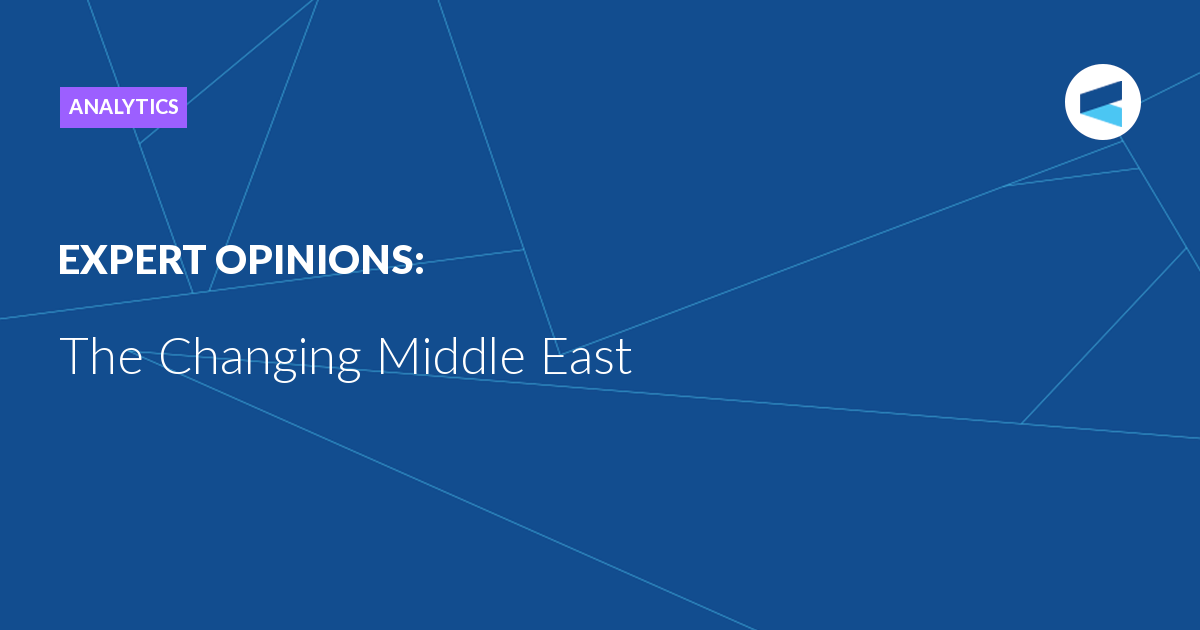
Regarding the Islamists factor, it grew when Arab nationalism was defeated decades ago, failing to unite all Arabs into one nation. It left a huge ideological vacuum that was filled by Islamic politics. Islamists could argue then that the secular Arab nationalism had proven to be not a solution, and Islam is, using the religion as the key marker of collective identity. Islamism, as part of the regional states, as well as non – state organizations, is fighting to become the main consolidating power in the Middle East region and in the entire Islamic world. However, its effort to become a remarkable actor in Middle East affairs is so far without significant result, because of regional actors' resistance and because of world powers interference.
Regarding Israel, as one of non – Arab states in the Middle East, it kept in the previous period a friendly relationship with other members of this group - Iran and Turkey. However, currently these former friends became opponents, while the relationship with the Arab world has changed. If the Arab - Israeli conflict was once the core of regional politics, when Israel was isolated, facing just about all of the Arab states as actively hostile enemies, this is no longer true. It has made peace with some key Arab states, Egypt and Jordan, and it has common interests with others. Actually, the alliance is so far limited, until such time when Israel and Palestinians will make some form of political settlement. However, all Arab states share profound concerns about possible American withdrawal and the Iranian hegemonic design, while Israel is currently the main Iranian challenge in the region.
Regarding the superpowers involvement, Russian presence in Syria is directed to establishing its posture as main influencing actor in the Middle East. While it carries out its relatively successive interference, it seems that so far Russia and the US are stuck in the regional mud, confronting each other. They are trying to face the regional challenges, especially the Iranian international activity and its nuclear ambitions. These developments are causing Western concern, while US possible withdrawal from the region, has added to American- Sunni Arab allies’ sense of vulnerability. It can leave Russia as the dominant and influential external actor. In that case, its challenge will be to support the realization of viable future regional order.
In summary, the current situation in the Middle East has elevated the non-Arab states to preferable position compared to the Arab states. It happened mostly because the Arab states failed to implement in a full scale the modernization process. The Islamisation trend in the region has hurt them as well and caused inter-ethnic conflicts. One of the results was relative easing of the Arab – Israeli conflict. However the current situation has turned the region into a challenging political arena for the main global actors.
These realities raise the question about the further status of non- Arab states and the regional security threats. The answer in unclear as long as Iran and Turkey see as their interest in achieving regional Islamic oriented hegemony, which jeopardizes the interests of Arab states. Only if the international behavior of non-Arab states will change, positive progress could happen. May be then the new Middle East will be born.2020-02-13 11:03:02Z
https://valdaiclub.com/a/highlights/the-changing-middle-east/
Read Next >>>>
Bagikan Berita Ini














0 Response to "The Changing Middle East - Valdai Discussion Club"
Post a Comment